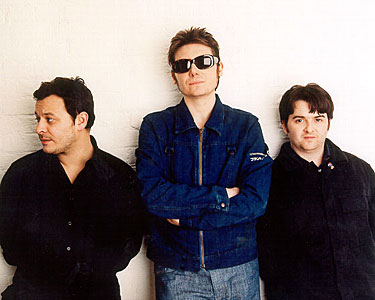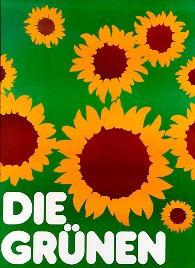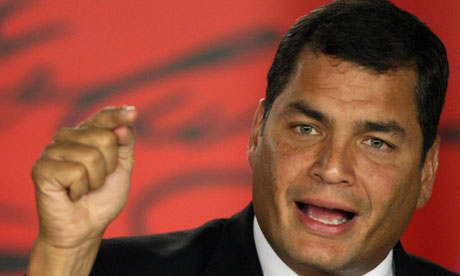 Testimony to the NSW Upper House inquiry into the sale of the retail arm of NSW electricity has revealed that only a tiny fraction of the $5.3 billion price tag will reach the public purse, with billions of dollars eaten up by a number of “associated costs”.
Testimony to the NSW Upper House inquiry into the sale of the retail arm of NSW electricity has revealed that only a tiny fraction of the $5.3 billion price tag will reach the public purse, with billions of dollars eaten up by a number of “associated costs”. These include nearly $1.5 billion in government funding for the new Cobbora coal mine north-east of Lithgow to ensure a cheap coal supply for energy producers, and a guaranteed further $1 billion in coal price subsidies to the private energy companies over the life of the mine.
In addition, the legal and administrative expenses for negotiating the deal amount an estimated $300 million alone.
While NSW Treasurer Eric Roozendaal has crowed that the sale would free taxpayers from future risk in the sector, the Inquiry has heard that this is far from the truth.
Treasury Secretary Michael Schur, who appeared before the inquiry on January 18, criticised the “Gentrader” model under which the sale took place, calling it a “second rate” model that retained future risk for NSW taxpayers.

 On November 15, Merkel was successfully re-elected leader of her party - the right-wing Christian Democratic Union (CDU) - with the support of over 90 percent of the party conference.
On November 15, Merkel was successfully re-elected leader of her party - the right-wing Christian Democratic Union (CDU) - with the support of over 90 percent of the party conference.




